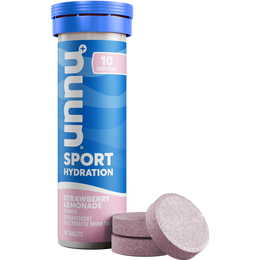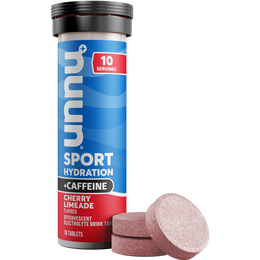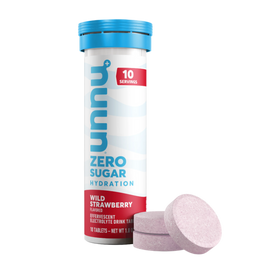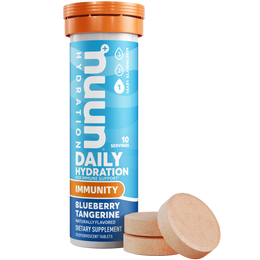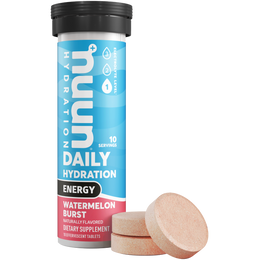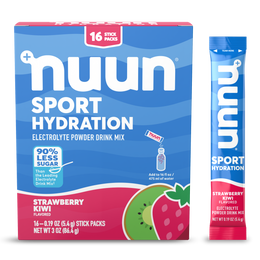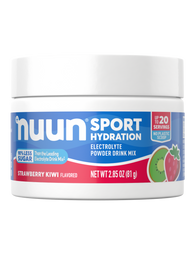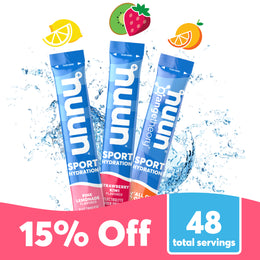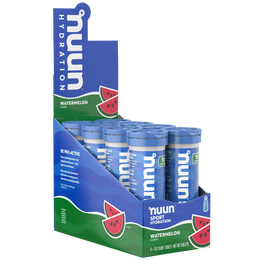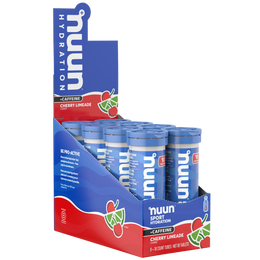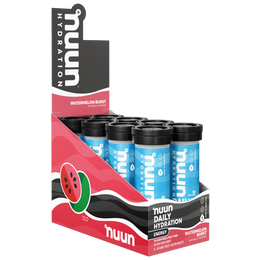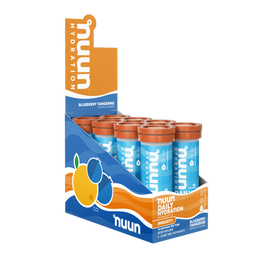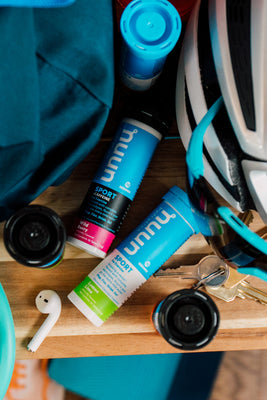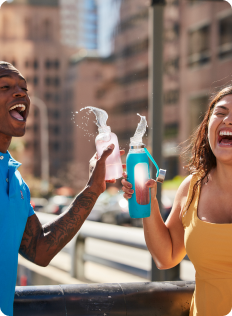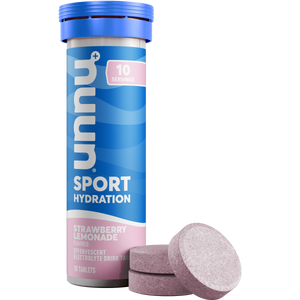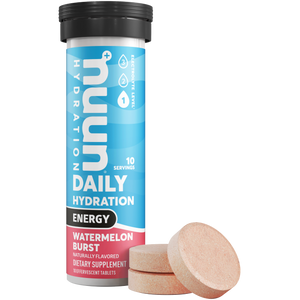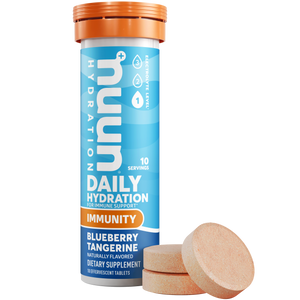Work Hard Rest Hard: 5 Lessons Your Rest Days Can Learn From Your Long Days

Sometimes the best workouts/race performances of your life can take you by complete surprise. What is it about today? What did I eat last night? Was it the weather?!
While there are a number of unplanned factors that can contribute to those peak performance days, there are a handful of controlled factors that are tried and true in setting the foundation for regular endurance success. As endurance athletes, we learn to “push through the pain” more often than many of our peers. This mindset can have many fortunate benefits for the outcome of our long-distance workouts and races. Unfortunately, this very same mindset can be detrimental to our long-term endurance success, often resulting in burn-out or injury.
As endurance athletes, we are hyper focused on optimizing the very last detail of our long-distance workout strategy. This can include investing in the ideal gear or planning the perfect hydration and fueling schedule to ensure our physiological needs are met every step of the way. The fact of the matter is, while all of these measures have impact on our performance, one of the most overlooked strategies of endurance athletes is what we’re doing when we’re NOT moving, aka: Planned rest and recovery. The truth is: preparation for and implementation of proper rest can ultimately have the greatest effect on our race and workout performance.
“Sleep is the greatest legal performance enhancing drug that most people are probably neglecting.” - Dr. Matt Walker
Point blank: quality sleep and recovery can be the secret sauce to a competitive advantage out on the course. So, how can we begin to put beneficial rest habits into place? Good news: there are many familiar principles of endurance exercise optimization that can be applied to rest days to bring out the very best in your training and performance.
Schedule your restThe very same way that you would mark your calendar for your long training run or ride, make sure to carve away time that is specific to recovery only. Remember: just because you’re not working out, doesn’t mean that the day is restful. Schedule your rest and set intentions that avoid filling your “rest day” with chores and errands that will work against your body’s muscular and cellular recovery.
Approach your rest with a planEndurance training is very intentional, and so should be your recovery. When training, our workouts have a purpose. Whether it’s to increase speed or gain long distance endurance strength, every workout matters. Approach your recovery with the very same clarity. What is it that you hope to achieve from your rest day? Make sure that you put the resources and time in place to rest according to plan.
Be determinedDetermination should not be reserved for only your toughest workouts. Often times, completing a long or intensive workout requires athletes to dig deep into their perseverance well. Rest and recovery should be approached with a similar level of determination. While recovery is not as physically demanding as a long-distance workout, implementing quality rest requires a fair amount of determination in avoiding both mentally and physically draining activities. Approach your rest plan with the same determination you would a finish line.
Hydrate and fuel for successQuality sleep is determined by many factors. One of the key factors is controlling what you put in your body within the 3-hour window leading up to bedtime. When we fall asleep for the night, our body is left to slowly metabolize the nutrients that it’s been fed. Consuming nutritious, minimally processed, low-sugar meals before bed sets your body up for success to reach a more restful state. Along the same lines, hydration is abundantly important to a good night’s sleep. Throughout the night, the body becomes dehydrated. Prep ahead of time by maintaining a healthy level of hydration throughout the day and topping off your fluids before you head to bed. Nuun Rest is a great pre-bedtime beverage that provides the fluids and nutrients that relax your body before you hit the pillow.
Measure your outputEndurance athletes are historically obsessive about their data. Today’s GPS/fitness devices have mastered the art in collecting and displaying an athlete’s physiological performance. Similar technology on the market also allows athletes to track recovery data. Whoop Performance is a wearable device that tracks heart rate variability (HRV) throughout the day and measures your “Sleep Performance”. Think: Strava data for your sleep! Placing equal importance in the data of your recovery as the data of your fitness ensures a more rested and energized version of yourself tomorrow and in days to come.
